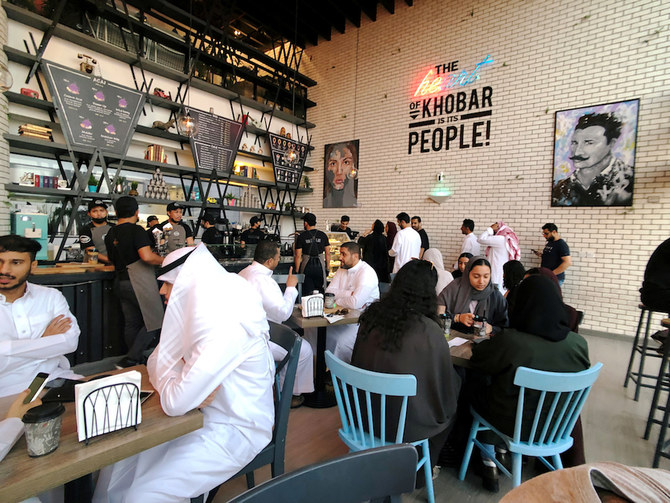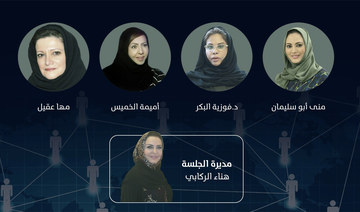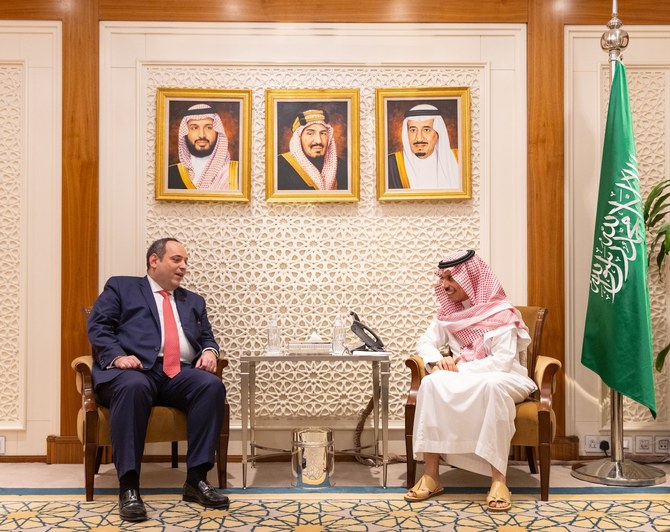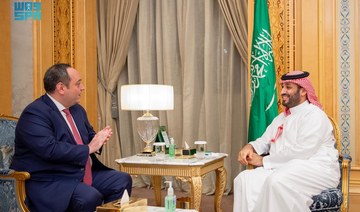RIYADH/MAKKAH: The Ministry of Municipal and Rural Affairs has ended the requirement for restaurants to have separate sections for males and families.
Dr. Majid Al-Qasabi, the department’s minister-designate, also approved other updates to rules and regulations in different sectors on Sunday.
Dr. Khaled Al-Jammaz, undersecretary-designate for technical affairs at the ministry, explained that the move was part of a number of amendments that included 103 regulations, requirements, manuals, models, standards and applications for activities of all kinds.
Makkah Mayor Mohammed Abdullah Al-Quwaihis told Arab News that the amendments aimed to make life easier for investors, citizens and entrepreneurs.
“They will be positive and will ease many conditions and restrictions, but they will not affect the core of the work in terms of public health and food, and this decision will increase the flow of investment and the number and variety of restaurants,” he said.
Nasser Al-Shalhoub, one of the owners of the soon-to-be opened Chaoua coffee shop, said that ending the requirement to have separate sections for males and families was an excellent decision — “especially since we are facing a problem with increasing costs because we are obligated to make two counters for the two sections, and now with this amendment the ministry has helped us to start working and reduce costs.”
A good designer can provide clever solutions to offer privacy for customers in different ways; it doesn’t have to be by blocking the place with big walls.
Abdulrahman Al-Harbi, An architect
“This will benefit us because we will take advantage of the space, and the area will look better,” he said.
Abdulrahman Al-Harbi, an architect, said: “A good designer can provide clever solutions to offer privacy for customers in different ways; it doesn’t have to be by blocking the place with big walls,” Al-Harbi said.
Ruba Al-Harbi, who manages a restaurant and owns the Snapchat lifestyle account @Tasteeandtell, also agrees with the amendment. “It’s a waste of money to open two sections for males and families because this segregation will do nothing when both sides meet outside the restaurant’s doors.” She said that she had noticed the change a while ago, even before it was announced on the ministry’s website.
“I have entered several restaurants that had only one section and it was fine to sit and eat there.”
Al-Harbi said that were many issues when restaurants were divided. “Family sections are usually crowded. You often can’t find a place to sit while male sections are always empty because they don’t go to restaurants as much as females,” she said.
Dareen Rajeh, a compliance analyst, said that many people in Saudi Arabia needed to get used to the existence of both sexes in the same place without becoming confused or uncomfortable. “We need to open our horizons and focus on more important issues.”


























